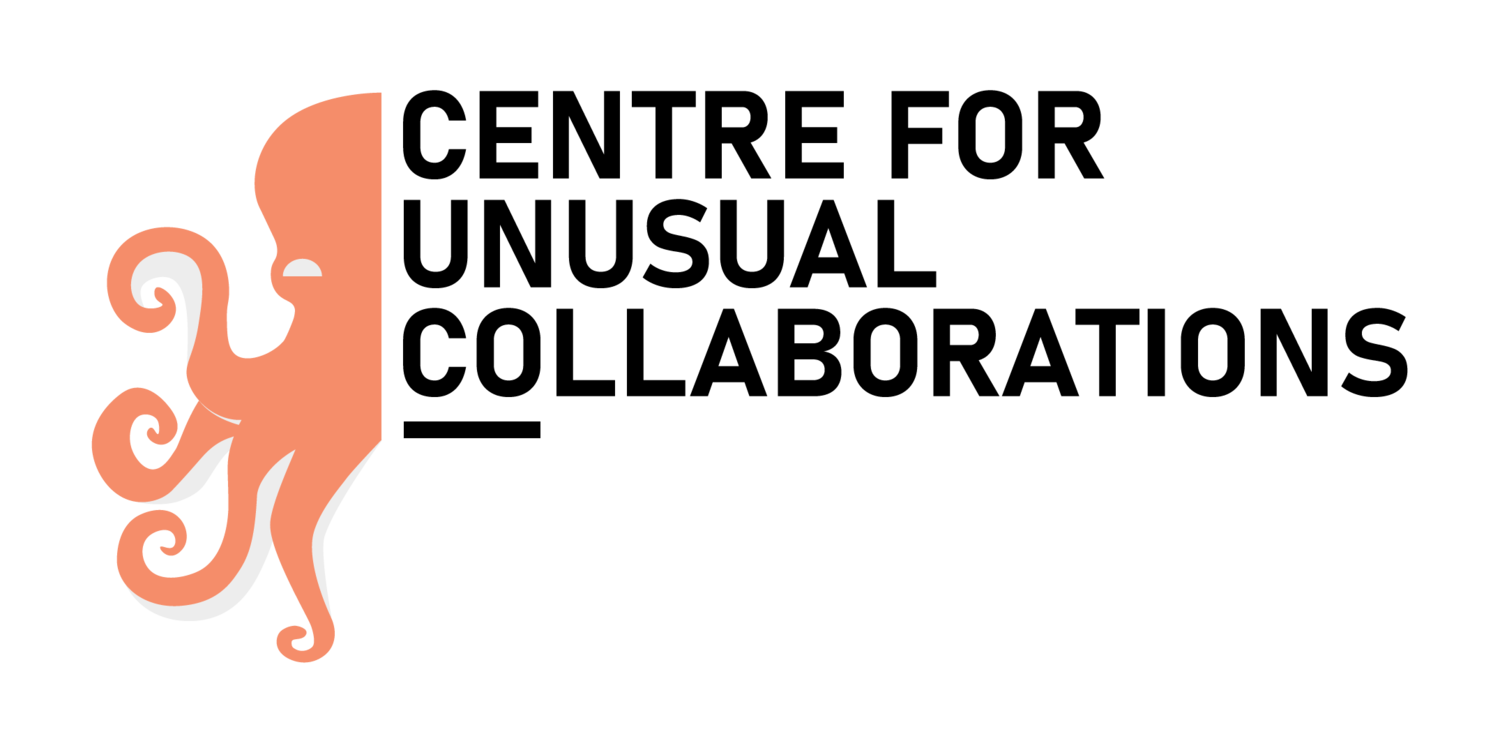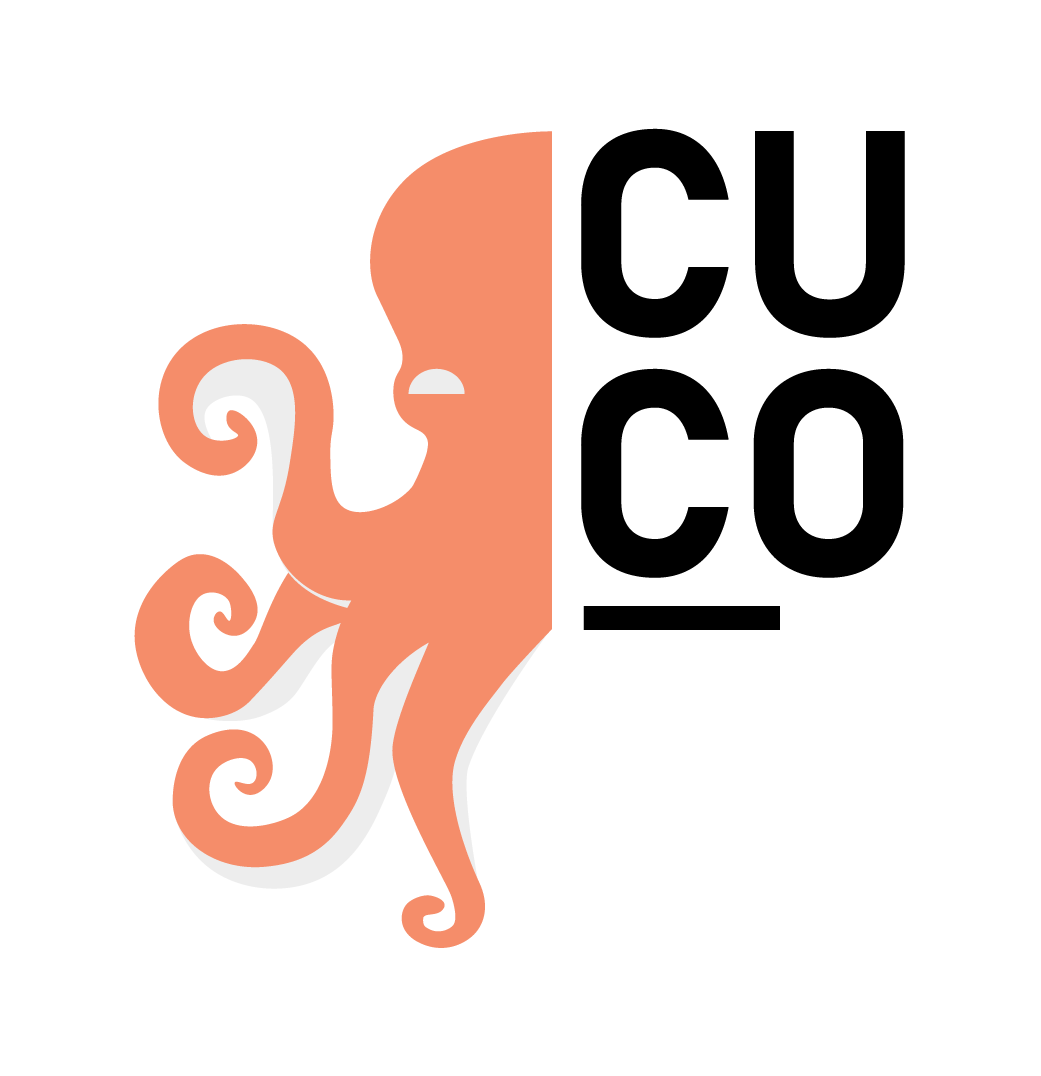Interview with Anke de Vrieze
Anke has been with CUCo for a while now - but we would still like to share some of the things we discussed when she started here.
How did you end up at CUCo?
I have not had a very straight career path into academia. After my bachelor in anthropology, I decided that I wanted to work more with my hands. I felt I learned a lot about understanding the world and seeing it in different ways. But also that it really stayed up in my head. This led me to volunteering on organic farms in Ireland. When I came back I took a training course in biodynamic farming. For a while then I thought maybe I might become a farmer. But I never did. Instead I had all kinds of jobs. In the end, it took me to Wageningen University. Because the rural sociology group was working on these urban agriculture issues I was interested in. I got in touch with them and at some point a position opened up to become a coordinator of an European research project in 2015. In that role I discovered how I enjoy enabling collaborations. What I realized is that oftentimes we talk a lot about the importance of collaborating or the importance of co-creation or participation but we don’t really know how we should practice it. From there on I started to learn more about facilitating and enabling collaborations. If we want to bring about change we need tools to be able to do that and design processes that support people in thinking and working in different ways. Around this time is also when I met Meghann Ormond our collaboration really sparked. We decided to continue with this community in the transformative learning hub and have been organizing monthly events to support people in exploring different ways of teaching and research. In one of those events we invited CUCo to play the more than research game with a group of participants. Through that we got to know Corinne and then Corinne invited us on board to think about developing a training. The rest is history.
What would you consider to be your current discipline?
I would still say anthropology. Because I did both my Bachelor and Master in that. I also feel really affiliated to that discipline. I was trained in that way of thinking, its methods and theories.
Do you feel you are an unusual researcher/academic?
I do think I am in an unusual position in academia, and that has been the case from the start. In academia it is quite normal to follow a set path: master, phd, post doc position, tenure, assistant professor. So if you do not follow that route, is there a place for you? My quite unusual position at Wageningen University sometimes made me insecure. Who am I in this organization? While at the same time I find it has given me a lot of freedom. I have this interest in designing processes. How do we design processes for interdisciplinary collaboration? A lot of people don't have the time to think about this, or think about it at all. So that makes me unusual, somehow I have found myself in this position of crossing boundaries and making connections, building bridges. Wil such roles get more acknowledgement? More and more we realize that we need people in these positions that are able to design and facilitate processes and cross those boundaries, and facilitate that.
What would you like to bring to CUCo?
[Pause] A little bit of ‘craziness’ [Laughs]. I mean my enthusiasm for thinking out of the box and bringing in different people different ways of working. That’s what I really love bringing in to CUCo.
Where would you like to see CUCo go? What do you envision for CUCo?
I would really love it if CUCo becomes a centre of expertise for unusual collaborations. That we develop knowledge about these collaborations and that this way of working, across disciplines, becomes a way of working that is not niche. But it starts to spread across the universities. Leading to younger scholars getting trained in these ways of working. Now usually in an academic career you focus on a single discipline. Which means that now we kind of have to unlearn a lot to work across disciplines. I would love to see CUCo play a role in supporting interdisciplinary work becoming more ‘business as usual’. However, we are starting with business as unusual. We are disrupting something that we want to see replaced. However, at some point I would love to see more people do business as unusual - until it becomes business as usual. Then it is time for a new generation to come in and tell us about our blind spots.
CUCo works across 4 institutions, what do you think the impact is of this?
What I find exciting about this as well is that we get to learn from the different institutions. Utrecht is doing these amazing things around interdisciplinary studies and they have an amazing design department at TU Eindhoven. So there’s so many things we can learn, not only in the kinds of research we do. But also in the things we have been trying out in education and research. It is a nice ‘kijkje in de keuken’ of those institutes.
What is your favorite animal?
At the moment my favorite animal is the gibbon. I love it because, firstly, I live very close to Artis and in the early morning I can sometimes hear them sing. They sing to each other to strengthen their bonds. I find that very romantic. But what really excites me about them is the way they can move. They have these amazing long limbs and the way they can move through the trees makes me think that we are a bit impaired as a species just walking around on two legs.
Anke de Vrieze
Knowledge & Learning Adviser
Anke de Vrieze is an anthropologist with an unusual career path. After her studies, she ventured into organic agriculture and ambitioned becoming a farmer, but landed on studying and supporting urban farming instead. This interest brought her to the Rural Sociology Group at Wageningen University, where she coordinated a European research and training network around sustainable-placing and discovered a passion for designing and enabling meaningful research collaborations. She’s co-founder of Re.imaginary and the WUR Transformative Learning Hub, and works for one day per week as engagement coordinator at the Centre for Space Place and Society. She joined the CUCO team in September 2022 as Knowledge and Learning Officer. In this capacity, she seeks to support teams in effectively collaborating across disciplines and fostering learning across projects. In all the time that is left, she loves to dance, pick wild mushrooms, grow food on the rooftop and prepare tasty meals.


